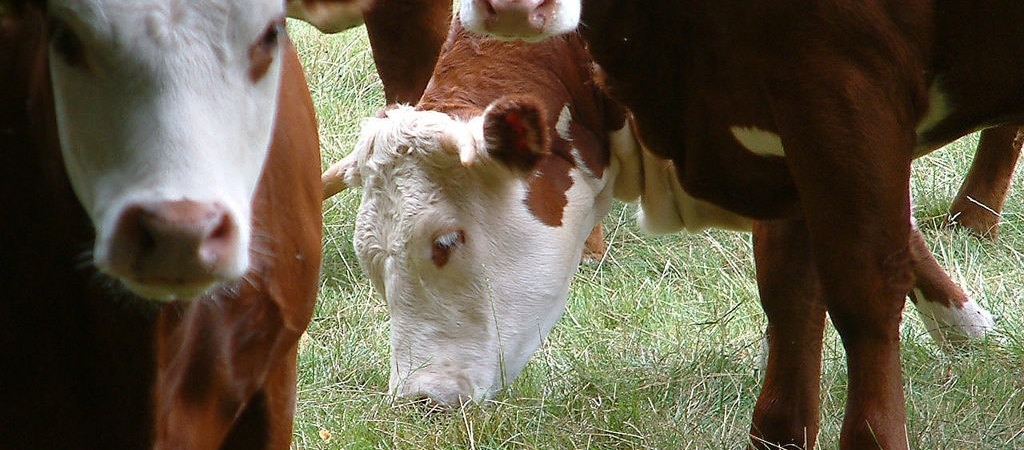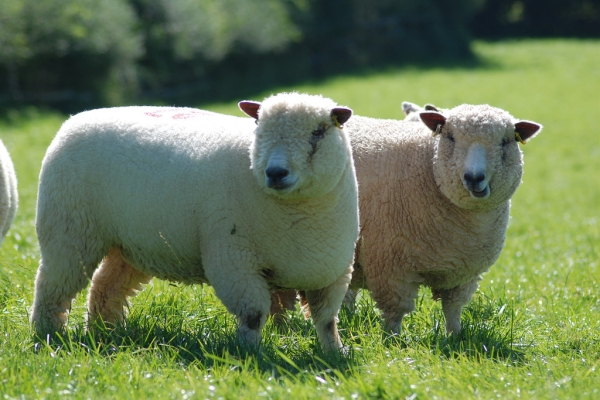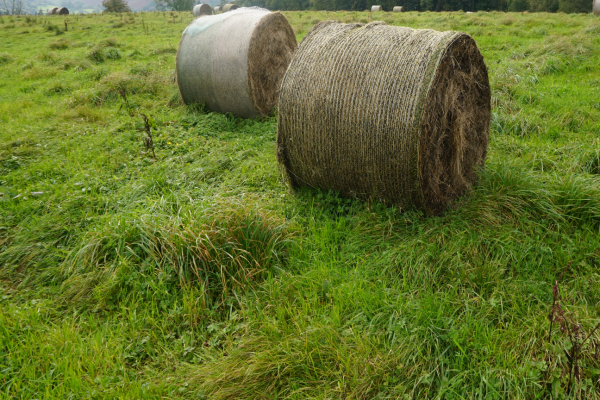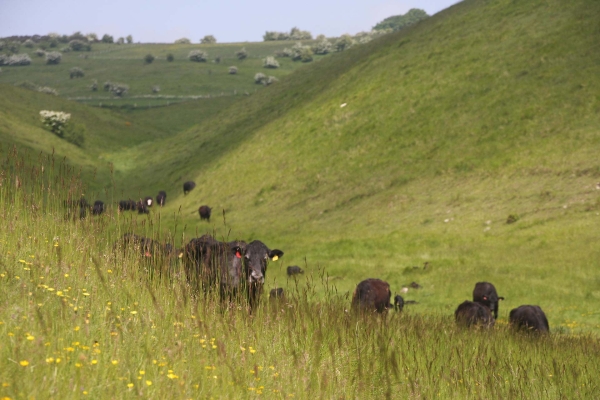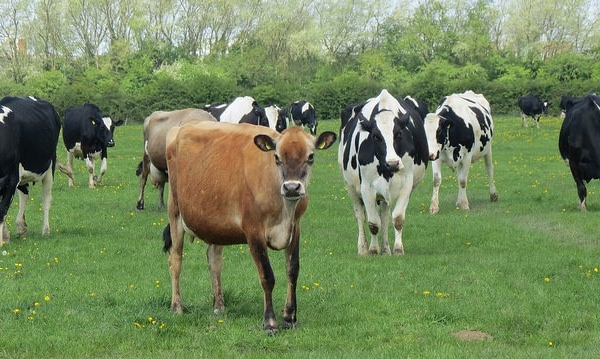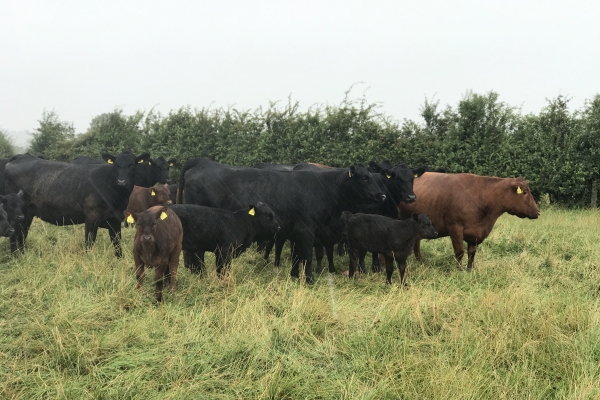The Grassfed Primer
Your guide to the benefits of grassfed beef
Resource explained
This booklet, primarily aimed at consumers, was composed to “cut through the confusion surrounding the term grassfed” and to help improve understanding of the benefits that grassfed farming systems can bring for the environment, farm animal welfare, and human health. It also highlights hidden costs of ‘cheap’ meat and potential damaging impacts of intensive farming. Whilst the primary audience is American / Canadian, the booklet raises many issues pertinent to the UK. It includes: beef grading; what is meant by the term ‘grassfed’; how consumers will know that an animal has been grassfed; problems with feedlots (covering animal health and welfare, antibiotic resistance, the rise of E. coli, environmental concerns, diet-related ill health, and alternative systems); nutritional differences between grainfed and grassfed meat; potential impacts grassfed farming systems can have on greenhouse gas emissions; reducing ‘wastage’ in farming systems; and the relationship between allowing animals to graze and improvements in soil quality.
Findings & recommendations
- This booklet put forwards the case that we need to eat meat from farming systems that do not damage the earth, harm our health, and result in poor animal welfare.
- Whilst not necessarily harmful to feed ruminants small quantities of grain, when fed large quantities, they can suffer from serious diet and digestion-related problems that are commonly treated with antibiotics rather than changing the production system that is making them sick.
- Whilst the use of antibiotics has helped to significantly increase the availability of cheap beef, it has led to the unintended development of antibiotic-resistant bacteria amongst farm animals. The solution to stopping this is not to stop treating affected animals but to switch to sustainable farming systems that prevent health and welfare problems from occurring in the first place.
- There is increasing concern that grain-based beef production is putting human health at risk. The range of effective antibiotics available to treat bacterial infections such as MRSA and E. coli is rapidly diminishing.
- Grassfed meat and dairy products offer human health benefits through having higher levels of omega-3 fatty acids, Conjugated Linoleic Acids (CLAs) and vitamin E.
- Grassfed farming systems are less likely to cause environmental pollution and can help reduce greenhouse gas emissions through carbon sequestration.
N.B. To view the resource, please scroll down once you have clicked on the link.
